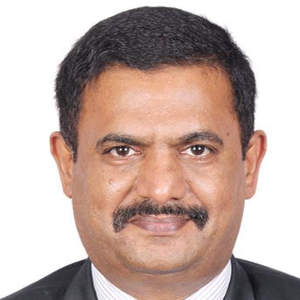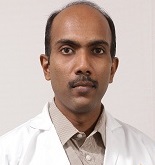

ALSO KNOWN AS CEREBROVASCULAR ACCIDENT /CEREBROVASCULAR INSULT/BRAIN ATTACK
Stroke refers to a condition in which there is reduced blood flow to the brain resulting in injury to brain cells causing permanent damage to it. Its incidence has been steadily rising in the developing world. It is ranked after heart disease and before cancer. Stroke is a frequent cause of death and about half of people who have had a stroke live less than one year. It commonly occurs in those over 65 years old.
The warning signs of stroke are FAST (facial droop, arm weakness, speech difficulty, and time to call emergency services) Stroke symptoms usually start suddenly, in a matter of seconds to minutes. In most cases symptoms do not progress further.
Stroke results in poor functioning of the part of the brain affected. Signs and symptoms of a stroke depend on the part of the brain affected and include (but not restricted to)
The symptoms of a stroke can be permanent. The more extensive the area of the brain affected, the more functions that are likely to be lost. Most forms of stroke are not associated with a headache, except subarachnoid haemorrhage and cerebral venous thrombosis and occasionally intracerebral haemorrhage.
Brainstem stroke
A brainstem stroke affects the brainstem (a vital part of the brain that deals with the critical functions like breathing, heartbeat etc.,). It can produce symptoms relating to deficits in these cranial nerves such as:
Cerebral cortex involvement can produce the following symptoms:
Cerebellum involvement can cause
Thrombotic stroke: In thrombotic stroke, a blood clot is formed inside the blood vessel
Embolic stroke: In an embolic stroke blockage is by a travelling clot in the arterial bloodstream originating from elsewhere.
An embolus is usually a broken thrombus, but it can also be fat , air, cancer cells, from a deep vein thrombosis or clumps of bacteria (usually from infectious endocarditis). Emboli most commonly arise from the heart (Atrial fibrillation)
A special form of embolic stroke is the embolic stroke of undetermined source (ESUS). This subset of cryptogenetic stroke is defined as a non-lacunar brain infarct without proximal arterial stenosis or cardioembolic sources. About one out of six ischemic strokes could be classified as ESUS.
See the latest inspirations in the local tech scene.
Local tech entrepreneurs gather to share their knowledge.
Take the basic CMS training class to see where things are and how to build custom modules.
Get tips and information regarding how to design websites for mobile devices.
Learn about all of the possibilities of web design in our latest CMS release.
Inc. magazine today ranked WebCorpCo as the 1,870th fastest growing company on the 34th annual Inc. 5000.
Finding a solution that can be tailored to support the needs of your business is more important than ever.
So many acronyms that most of us know a brief amount about, if at all, let alone the meaning of those three little letters we hear so often.
Surgeons over 25 years experience in treating all kinds of Brain and Spine problems

Neurosurgeon
A well known Doctor who is specialized in treating Brain and Spine problems

Neurosurgeon
A well known Doctor who as a vast experience in treating all kinds of Neuro problems

Neurosurgeon
Specialized and experienced well known neurosurgeon
Tumours are abnormal tissues which cells grow & multiply uncontrollably, causing dysfunction of the organ from which it read more
The spinal cord is connection between the brain and peripheral nervous system and is protected by bones - spinal vertebra. read more
Neurosurgery is a surgical procedure that uses invasive techniques to diagnose, investigate and/or treat a neurological disorder, disease or injury.read more
Pediatric brain tumors are masses or growths of abnormal cells that occur in a child's brain or the tissue and structures that are near it read more
Functional neurosurgery includes a range of minimally invasive and highly effective treatment options for neurological disorders in both children and adultsread more
Trauma is the response to a deeply distressing or disturbing event that overwhelms an individual's ability to coperead more